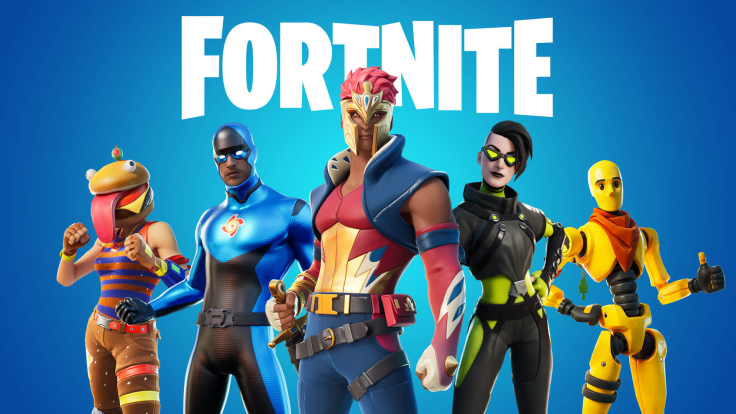'Fortnite' developer Epic Games sued by 3 Canadian parents for getting their kids addicted
Quebec Superior Court Justice Sylvain Lussier ruled that the "does not appear frivolous or manifestly ill-founded" when he approved its class-action status.

"Fortnite" is one of the most popular online video games around and even recently set a new revenue milestone for raking in $9 billion from players since its release. However, the game's developer is now facing a class-action lawsuit by Canadian parents who claimed that their children are addicted to the popular battle royale.
A Canadian judge has approved a class-action lawsuit against Epic Games filed by three parents who claimed that their children have become addicted to "Fortnite," according to BBC. The parents claimed that their children have become so addicted to online games that they would sometimes forgo eating, sleeping, and showering.
The lawsuit, which was filed in Quebec Superior Court, alleged that "Fortnite" was intentionally developed by Epic Games to be "highly addictive," according to the New York Post. One parent said their child played an average of three hours per day or over 7,700 hours in less than two years.
Another parent also said in the complaint that their son played almost 7,000 hours of "Fortnite." The child even got angry when his parents tried to limit his game time by putting a lock on his computer.
On Wednesday, Quebec Superior Court Justice Sylvain Lussier ruled that the "does not appear frivolous or manifestly ill-founded" when he approved its class-action status.
He likened the lawsuit to the early whistleblowers of cigarette addiction. "The harmful effect of tobacco was not recognised or admitted overnight," he said.
"The court concludes that there is a serious issue to be argued, supported by sufficient and specific allegations as to the existence of risks or even dangers arising from the use of Fortnite," the judge added. He said that "Fortnite" players in Quebec who experienced symptoms of addiction after playing the game since September 1, 2017, can join the class-action suit.
Epic Games said that it incorporates "industry-leading parental controls that empower parents to supervise their child's digital experience."
"Parents can receive playtime reports that track the amount of time their child plays each week and require parental permission before purchases are made," the company explained. "We plan to fight this in court. We believe the evidence will show that this case is meritless."
© Copyright IBTimes 2025. All rights reserved.


















